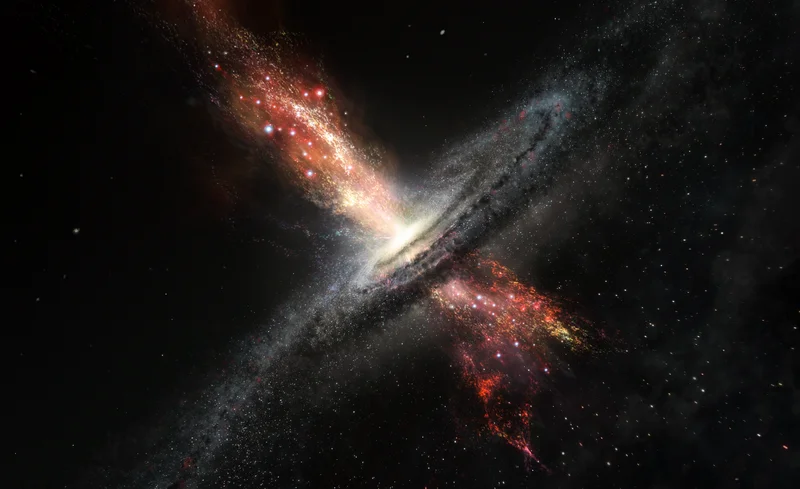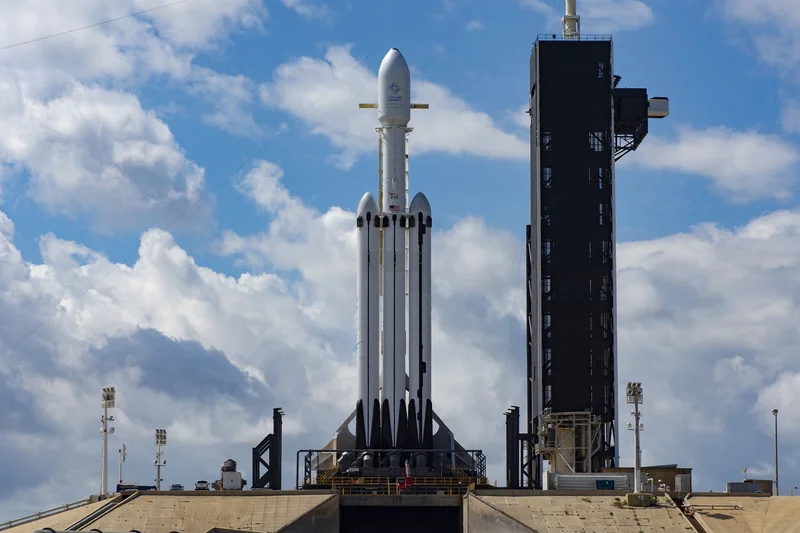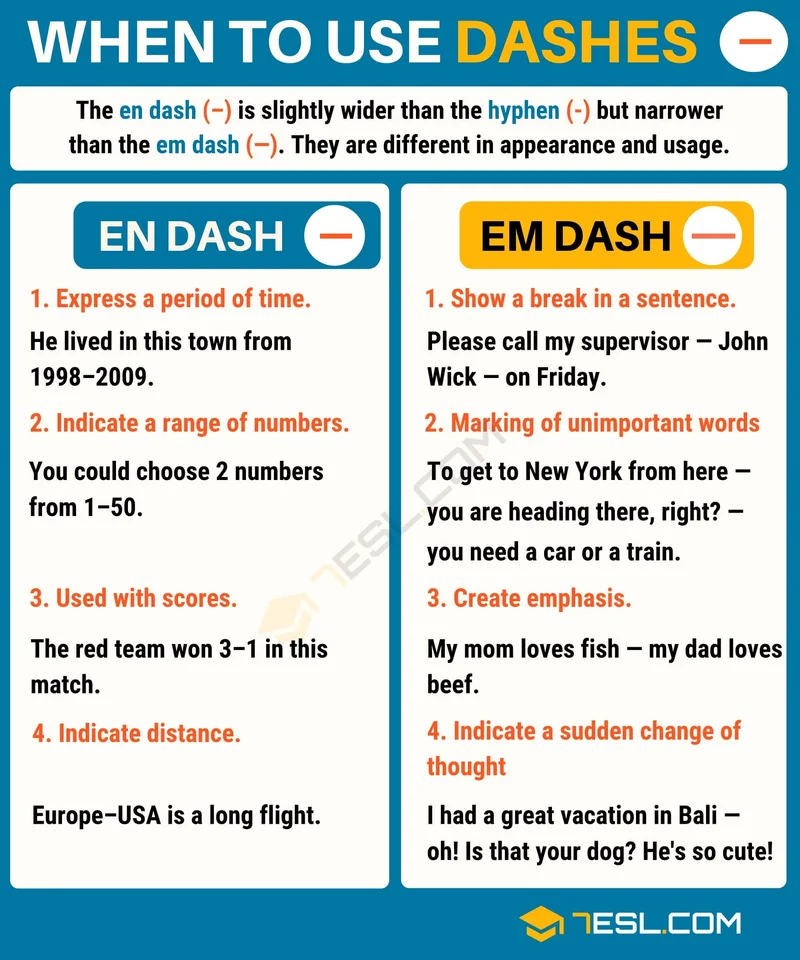Starlink Satellite Fallout: How Many Are Junk Now?
Elon's Space Data Centers? More Like Space Junk Waiting to Happen
Elon Musk wants to turn Starlink satellites into orbiting data centers? Give me a break. I swear, the guy's ambition is only matched by his complete disregard for, you know, physics and reality.
The Solar Flare Elephant in the Room
Okay, so the idea is that these next-gen V3 Starlink satellites, which are already designed to beam gigabit internet, could be beefed up to host built-in computing. And some startup, Starcloud, is already planning to launch a test satellite with an Nvidia H100 GPU for AI training. Great. Just great. More AI, and now it's gonna be in space. What could possibly go wrong?
Oh, right. The SUN. Remember that thing? The one that's currently in its 25th solar cycle, heading towards a solar maximum? Yeah, that means increased solar activity. Which means our upper atmosphere is gonna get hotter and expand. You know what that means? More drag on low-Earth orbiting spacecraft. Like, say, the thousands of Starlink satellites Elon's already crammed up there.
SpaceX has launched 8,873 Starlink satellites since 2019. 7,669 are currently operating. But here's the kicker: since 2019, there have been over 500 unplanned atmospheric reentries of Starlink satellites. 500! That's not a rounding error, that's a freaking avalanche of space junk. And 1,204 Starlink satellites are already no longer functioning. How many starlink satellites are in orbit now that are just space junk? How Many Starlink Satellites Have Fallen Out Of The Sky? - bgr.com
And now he wants to make them bigger? The V3 Starlink satellites could weigh up to 2,000 kilograms (4,409 pounds). Four times the mass of the V2 Mini satellites. So, let me get this straight: he wants to launch heavier satellites into an increasingly hostile orbital environment, all while pretending that the sun isn't about to throw a cosmic hissy fit?

It's like building a house on a fault line and then complaining when an earthquake hits.
The Inevitable Cascade
SpaceX claims its satellites are designed to retire after five years, with the hardware disintegrating before reaching Earth’s surface. Okay, sure. But what happens when hundreds, maybe thousands, of these things start falling out of the sky ahead of schedule? What happens when they start colliding with each other, creating a Kessler Syndrome scenario where low Earth orbit becomes a debris-strewn minefield?
And don't even get me started on the light pollution. You ever try to look at the night sky lately? It's like trying to stargaze in Vegas. How many starlink satellites are in the sky at any given moment? It's a real problem for astronomers, offcourse.
I mean, are we really okay with sacrificing our view of the cosmos so Elon can stream cat videos to the most remote corners of the planet? I'm not so sure.
And this whole "data center in space" thing… it’s just… what's the point? What problem is this even solving? Are we really so desperate for low-latency AI processing that we're willing to risk turning Earth's orbit into a junkyard? Are the starlink satellites in the sky worth the cost?
He's Playing a Dangerous Game
Related Articles
Space Moonshots and Turbulence: What's Really Going On
Blue Origin Finally Sticks a Landing? Don't Expect Me to Clap. So, Bezos finally managed to not blow...
Hong Kong: Robot Test?
[Generated Title]: Hong Kong's "Election Boost": More Like a Desperate Hail Mary So, Hong Kong's try...
Gabe Newell's Superyacht: Net Worth, Steam's Future, and the Gaming Submarine
Alright, folks, buckle up, because this isn't just another story about a billionaire buying a ridicu...
SpaceX Launch: Schedule, Falcon 9, and What We Know
Generated Title: Sentinel-6B: A $500 Million Thermometer? Let's See the Data. The Sentinel-6B satell...
Dash: OpenAI's Em Dash Fix and the Internet's Reactions
Title: Sam Altman Celebrates Fixing the Em Dash: Proves We're Nowhere Near AGI So, the genius minds...
USPS Launches Informed Delivery App: A Sign of Government Innovation as FEMA Halts Preparedness Grants
The Last Mile, Digitized: Why the New USPS App is More Than Just Package Tracking There's a strange,...





